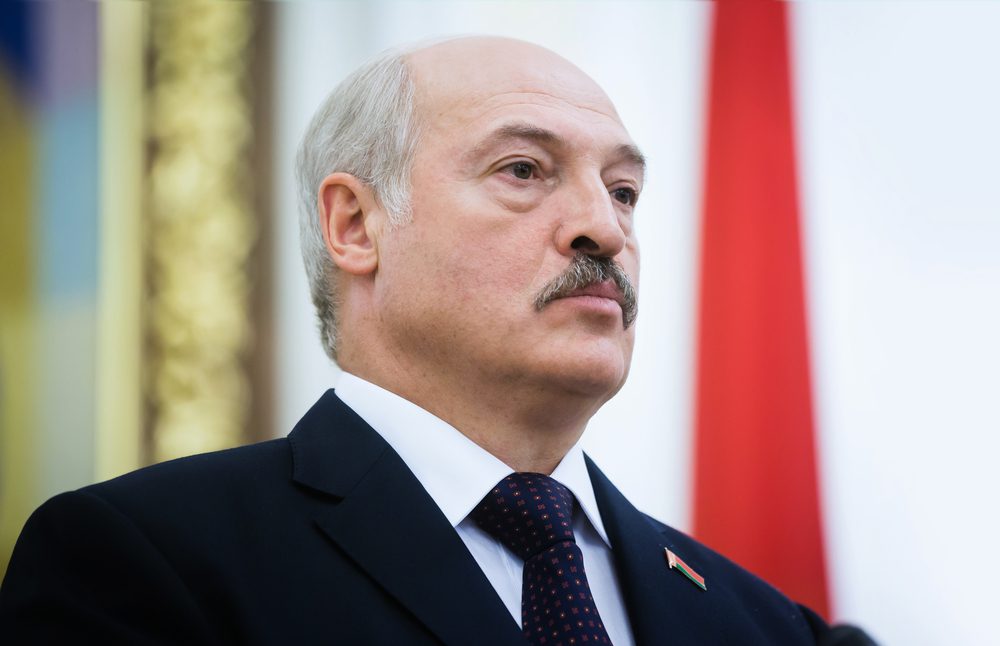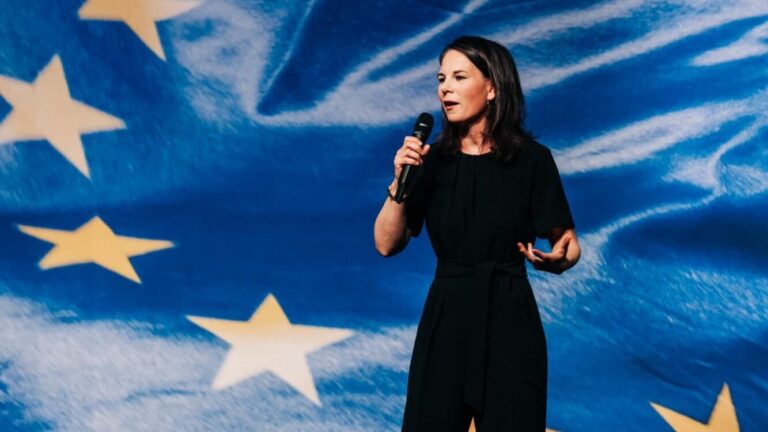The attack on the Crimean bridge on Saturday, October 8th, marks a turning point in the Russian-Ukrainian war. While the Russian army is suffering a series of setbacks on the ground against Kyiv’s troops, Putin’s regime has chosen to intensify its strikes on Ukrainian territory in response to the attack on the bridge, he has described as “terrorist.” His Belarusian ally Lukashenko will step in alongside him.
On Monday, October 10th Belarusian President Lukashenko announced that his country and Russia would deploy joint troops in the conflict in Ukraine. He intends to justify this alliance by the growing risk of Ukrainian aggression against his territory, of which he is said to have become aware through “unofficial” channels. “Due to the worsening situation on the western borders of the (Russian-Belarusian) Union, we have agreed to deploy a regional grouping of the Russian Federation and the Republic of Belarus,” he said. “If you want peace, prepare for war,” he added, invoking the famous Roman adage.
He is focused on Ukraine, as well as on Lithuania and Poland. “The training in Poland, Lithuania, and Ukraine of fighters, including Belarusian radicals, to carry out sabotage, terrorist acts, and a military uprising in the country is becoming a direct threat,” he said at a meeting with military officials, accusing the EU and the United States of seeking to “aggravate the situation.”
The entry of Belarusian forces into the war marks a decisive step in the evolution of the conflict—and its extension beyond the two main combatants.
President Lukashenko has not yet said where he will send his troops. This new development puts Ukraine at risk of having to manage a second front—a second front that Lukashenko accuses the United States and the European Union of wanting to open on his borders.
The groundwork had already been laid a few months ago when Belarus adopted a new constitution by referendum in March, which included an amendment authorising Russia to install nuclear warheads on its soil.





